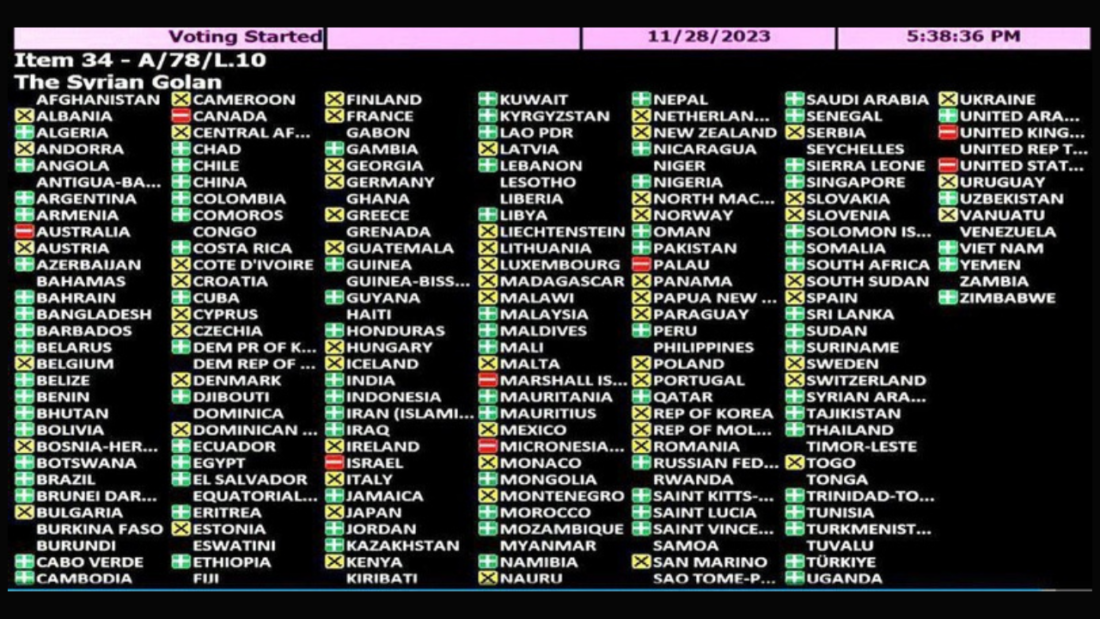
“ISIS, Syria and military intervention” by Stavri Kalopsidiotou member of the C.C. of AKEL and of the Cyprus problem Office of AKEL
Stavri Kalopsidiotou is a Lawyer and expert on International Law, member of the C.C. of AKEL and of the Cyprus problem Office of AKEL.
28th September 2014
 Had the international community shown tolerance towards the horrendous activity of the jihadists of the terrorist organisation “Islamic State”,` this would have been criminally unjustifiable and deplorable. It goes without saying that the value of human dignity and life cannot be destroyed in the name of any religion or ideology. Besides, it is universally accepted that the respect of the people’s fundamental rights is bound up with our very own existence.
Had the international community shown tolerance towards the horrendous activity of the jihadists of the terrorist organisation “Islamic State”,` this would have been criminally unjustifiable and deplorable. It goes without saying that the value of human dignity and life cannot be destroyed in the name of any religion or ideology. Besides, it is universally accepted that the respect of the people’s fundamental rights is bound up with our very own existence.
The historic or political analysis about the current formation Islamic fundamentalism is assuming is not the objective of this analysis. It is however a logical observation that all those states, who indeed appoint themselves as global police officers, have also contributed through their very policies to the phenomenon of the rise of extremism and the prevailing of a particularly dangerous instability in the region of the Middle East. The long-lasting violation of fundamental principles of International Law, as in the case of Iraq with dubious legal justifications that were presented in order to cover and excuse the political designs principally of the United States, but also of their allies, or as in the case of Libya where NATO violated the mandate of the United Nations Security Council in order to “assist” regime change, constitute yet another inflammatory given situation that is the subject of a wider exploitation by the extremists.
At the same time, and this is particularly important, the unilateral assumption of the role of an global police officer by powerful states and organisations in the absence of an invitation by the affected state or a relevant resolution of the UN Security Council provokes reactions among moderate elements as well, who correctly oppose the carte blanche violation of the territorial and political sovereignty of states. Consequently, do the US and their allies have the right today to intervene militarily in Syria in order to suppress the “Islamic State”? Are there perhaps other options that could have facilitated the combating of the extremists without International Law once again being violated – in reality the path of international cooperation, which is imperative for the long-term tackling of such dangerous phenomena?
It is a fact that today’s conditions are different than when the US with the declared goal of regime change, chose to invade Iraq in 2003. Do however the motives with regards the much-debated intervention in Syria not differ completely, even if the suppression of the illegal activity of the “Islamic State” organisation is an actual objective? The motives, developments and in the end the collective assumption of decisions are all inevitably equally important component parts of the substantiation of the prerequisite for international legality.
The only exemptions to the general prohibition of the use of force by states in their international relations are a) individual or collective self-defence and b) the use of force after securing a resolution of the Security Council of the UN according to Chapter VII of the UN Charter, given that the existence of any threat to world peace and security is determined. It is therefore clear that the justification that the US appears to be choosing so as to substantiate domestically the legality of the intervention in Syria constitutes only a policy statement. Even if the US insist on presenting the “Islamic State” as the continuation of “Al Qaida” in order to use the federal authorisation for assumption of military measures against those who participated in 9/11 – despite the fact that the two terrorist organisations claim to be in conflict – this justification does not render adequate international legality to their initiatives.
Firstly, the classic perception projected with regards individual self-defence clashes with official American statements that argue that the “Islamic State” does not represent an immediate threat for the US and thus it could be difficult to substantiate a right of self-defence.
Secondly, the idea of a “pre-emptive self-defence”, also known as “the Bush doctrine”, never became widely accepted, neither by states, either by international courts, or by the academic community.
Thirdly, the military intervention in Syria cannot be justified as an expression of collective self-defence. The appeal addressed by Iraq to the international community did not aim at such a goal, whilst Assad’s invitation for cooperation against the “Islamic State” which they rejected creates more “difficulties” to the US.
The “Responsibility to Protect”, as an emerging principle to International Law, also did not offer an adequate legal basis for the attempted justification of a unilateral use of force by the US and other states against the “Islamic State” in Syria. The “Responsibility to Protect”, and more specifically its third pillar, as the relevant report of the UN Secretary-General notes in 2009, provides for the possibility of a military intervention by the international community, there and where the states have failed to protect their populations from a genocide, war crimes, ethnic cleansing and crimes against humanity. However, it is a final measure, which based on the necessity and proportionality, is assumed there and where other possibilities to address a serious humanitarian catastrophe have failed or are grossly inadequate. In every case, it goes without saying that the use of force as a result of the invocation of the “Responsibility to Protect” in any way must not breach fundamental principles of International Law, as set out in the UN Charter, which represent principles of customary International Law, nor be the pretext for regime change – as NATO did in Libya eventually.
With international order, world peace and real security as the criterion, the political decisions of the powerful and other states all over the world must be in line with the rules of the agreed International Law, given that this constitutes the constant for the minimum level of international cooperation. Consequently, in today’s conditions the military intervention in Syria without the adoption of a previous decision of the UN Security Council does not comply with International Law. The “carte blanche” invoking of international legality, examples of which the relatively recent past is littered with, does not merely deny the possibility of international cooperation, but also deprives the indispensable web of security against dangerous arbitrary actions. Besides, what is being deprived today for a common purpose in case time will be deprived in the name of lesser acceptable objectives. More dangerously, it leads – as opinion polls in various countries illustrate – in part even to a passive tolerance of all those in the end who are destroying peace, human rights, but above all the value of human life itself in the name of the Western, Muslim or whatever other realpolitik.




